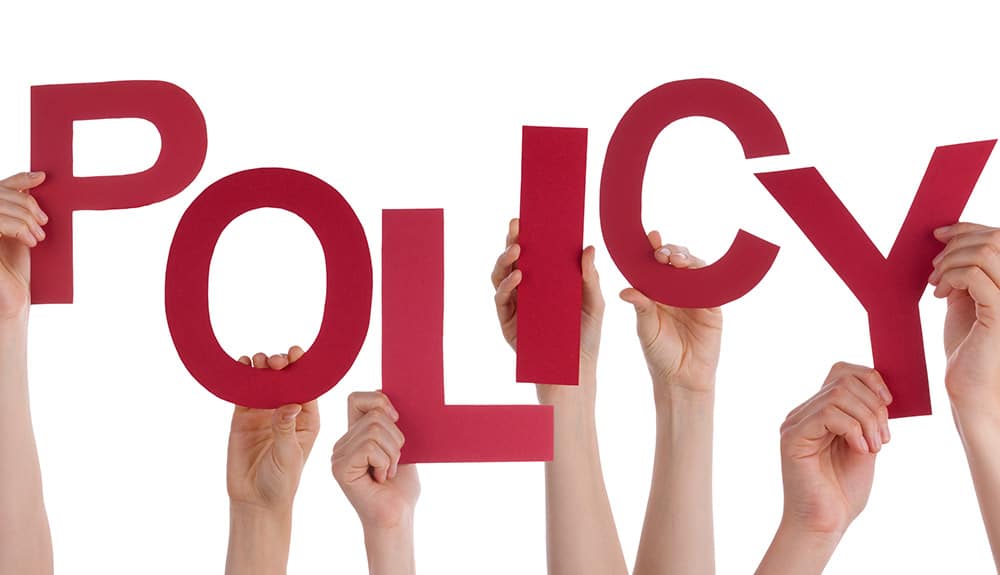The insurance industry has a perception problem. It’s true.
If you polled a wide cross section of the U.S. population, the industry at large would likely be described as follows: they collect premiums, but they don’t pay on claims.
In short, the public is more likely than not to believe the monolith insurance industry operates in bad faith. The reality is quite the opposite, although our industry does a less than stellar job of consistently demonstrating this point.
So, let’s tackle one myth about professional liability insurance that plays directly to the concerns of attorneys: ambiguous language proves harmful to claimants.
Attorneys, by their nature and training, focus on the nuance of language. They are inclined to look for options or opportunities to interpret the language of official documents to best position their clients, or in the case of a bad faith claim, themselves or their law firms. Insurance professionals do much of the same, seeking to clarify situations, qualify claim events and adhere to the legalities required of any binding agreement. In truth, insurance consumers have a great deal of protection when it comes to ambiguous policy language.
Yes, insurance policies have conditions and exclusions that restrict what is or is not a covered event or occurrence. That is true of any formal agreement among multiple parties.
However, legal precedent has established an insurer’s denial of a claim based primarily on ambiguous policy language is most often invalid. And you don’t have to be a lawyer to discern the intent of this legal doctrine. Put simply, if a reasonable person—in this case the insured—interpreted ambiguous policy language to mean coverage existed, the intention of the insurer through manipulation of the English language does not apply. In the language of attorneys, this is the doctrine of contra proferentem, meaning the courts generally favor the insured rather than the insurer.
Myths notwithstanding, the insurance industry serves as the lynchpin of a well-ordered society. Insurance coverage, such as that provided by a professional liability policy, affords opportunity for business and commerce to proceed; for clients to engage attorneys and for those attorneys to represent their clients with confidence.
Professional liability insurance offers both protection and recourse. And regardless of policy language, another area where the insurance industry can work to make improvements, the industry, by and large, acts in good faith to protect those it covers. It is, unambiguously, good business to do so.



